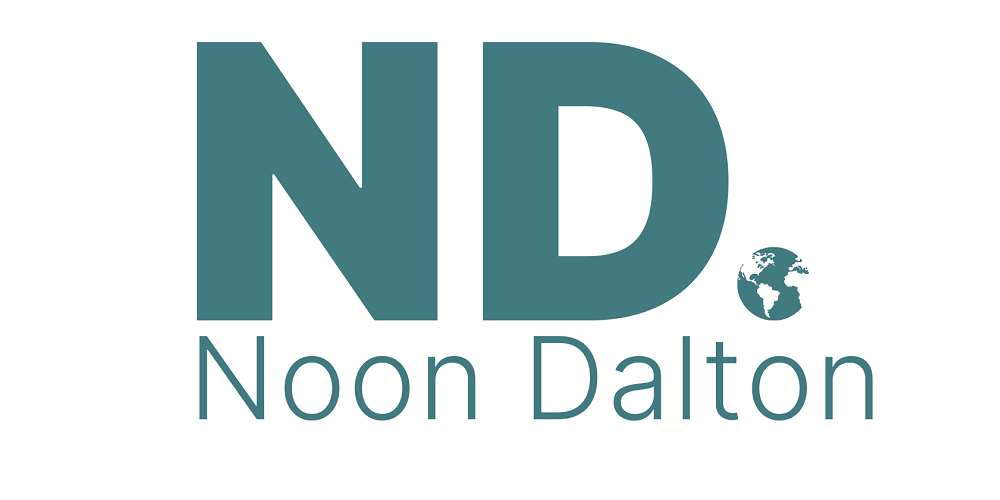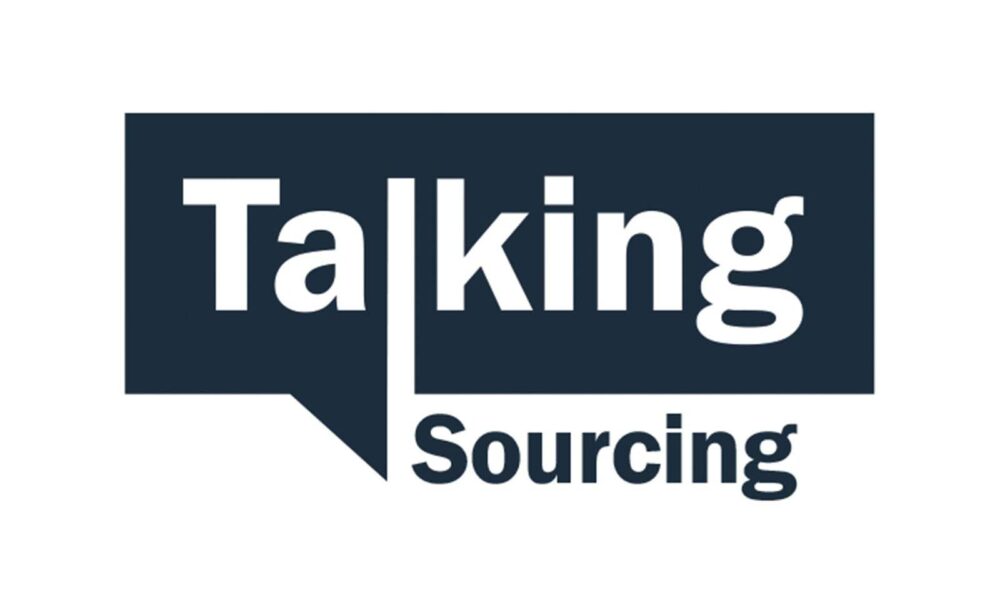As TTEC has recently announced that it has ranked #13 on Virtual Vocations’ annual list of the Top 25 Employer Partners for Remote Work in 2020 and is hiring over 3,500 contact centre employees including agents, team leaders and operations managers for its work-from-home programme in the UK, we asked Head of Marketing for EMEA, Neil Russell-Smith, to give his views on how contact centres are reshaping post-crisis….
“The need for work-from-home customer support options has accelerated significantly with the Coronavirus outbreak. With a strong work-from-home foundation already in place around the globe, TTEC has enabled the seamless transition of 99% of its EMEA employees from contact centres to agents’ homes whilst maintaining the quality management, best-in-class operational processes and security of brick-and-mortar operations. The company’s at-home model also distributes client workforces to appropriate geographies and equips its remote workforce with secure tools and technology.
The crisis has completely turned the contact centre model on its head. Traditional industries with only a few centralised brick-and-mortar locations or those with limited remote capabilities were surprised by the speed that business continuity plans had to be enacted. Organisations that fared better had a distributed global footprint already in place, so when the unexpected came, they had resources across the map and were ready to disperse. Work-from-home has proved to be a viable option for companies that had never considered it.
Post-crisis the old distribution model will be forever changed into a hybrid of remote and brick-and-mortar work. De-centralised physical locations allow for maximum diversification in skills, resources and locations. The flexibility of being able to deploy workers from anywhere creates a workforce that can be used to suit various volumes and support needs, depending on the situation.
Massive effort was needed to support the most urgent healthcare, financial services, travel, public sector, and other needs when the pandemic hit. The shift of available human resources to the most pressing issues made self-service deflection a strategic imperative. Smart IVR, online FAQs, automated chatbots and enhanced knowledgebases became critical call deflection solutions for non-emergency calls and common questions.
The push for self-service has enabled organisations to get more out of their service capacity with the same units of labour in this time of emergency. The advancements made here will be incredibly useful for providing customers with relevant information quickly without having to force everyone into the voice channel.
It’s also worth noting the investment made in CX knowledgebases will be critical down the road. Self-service is only as successful as the core knowledge assets and the units that use them. For example, augmented attended service are chatbots being deployed to ride along with agents to suggest relevant content and services to make their jobs easier.
The pandemic is indiscriminate—it has affected all walks of life and all types of businesses. As we move past this crisis, the lessons and innovations we are seeing right now in both the private and public sector can be applied to move forward and get business rolling again for the long term”.
To view TTEC’s work-from-home UK job opportunities, please search for “United Kingdom” in the location at https://www.ttecjobs.com/en/work-from-home












